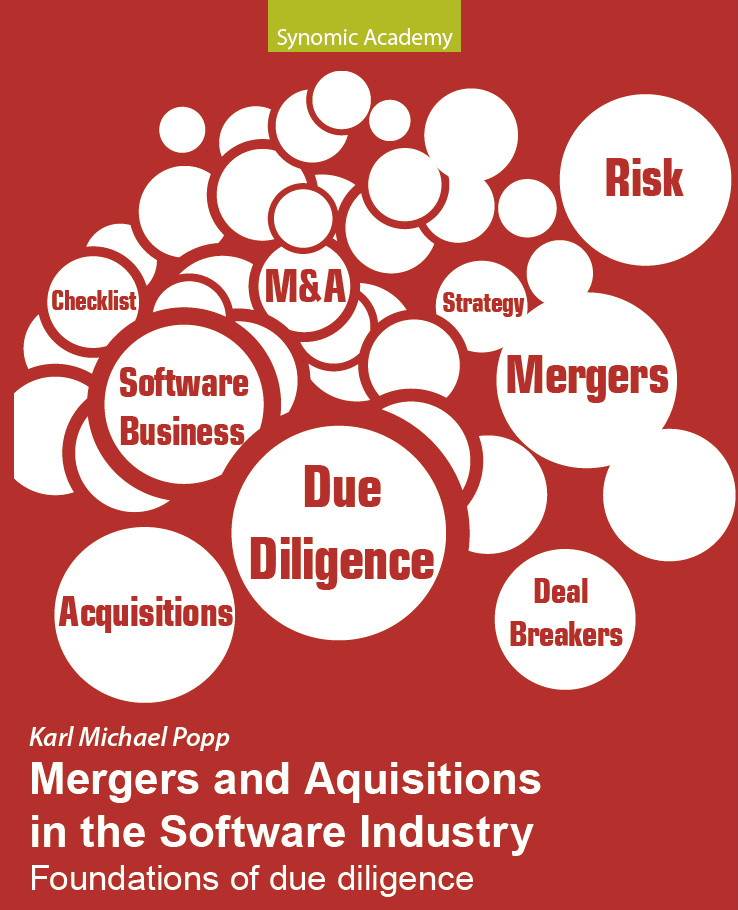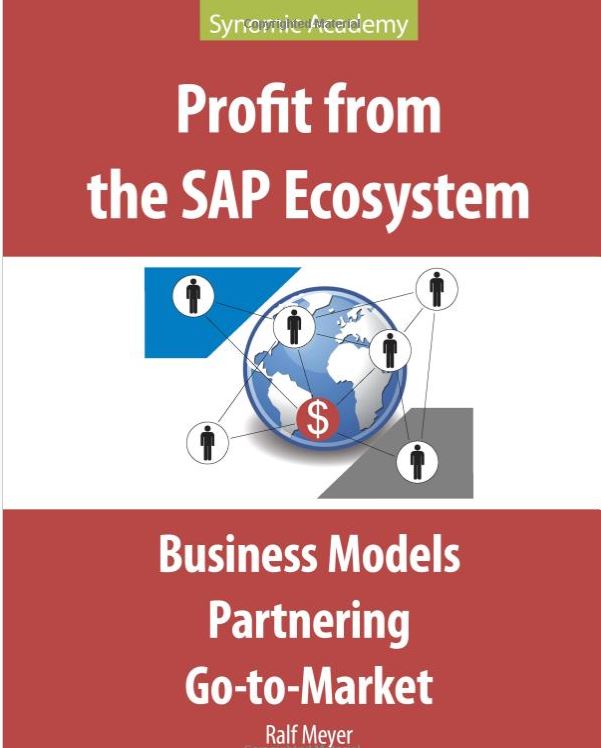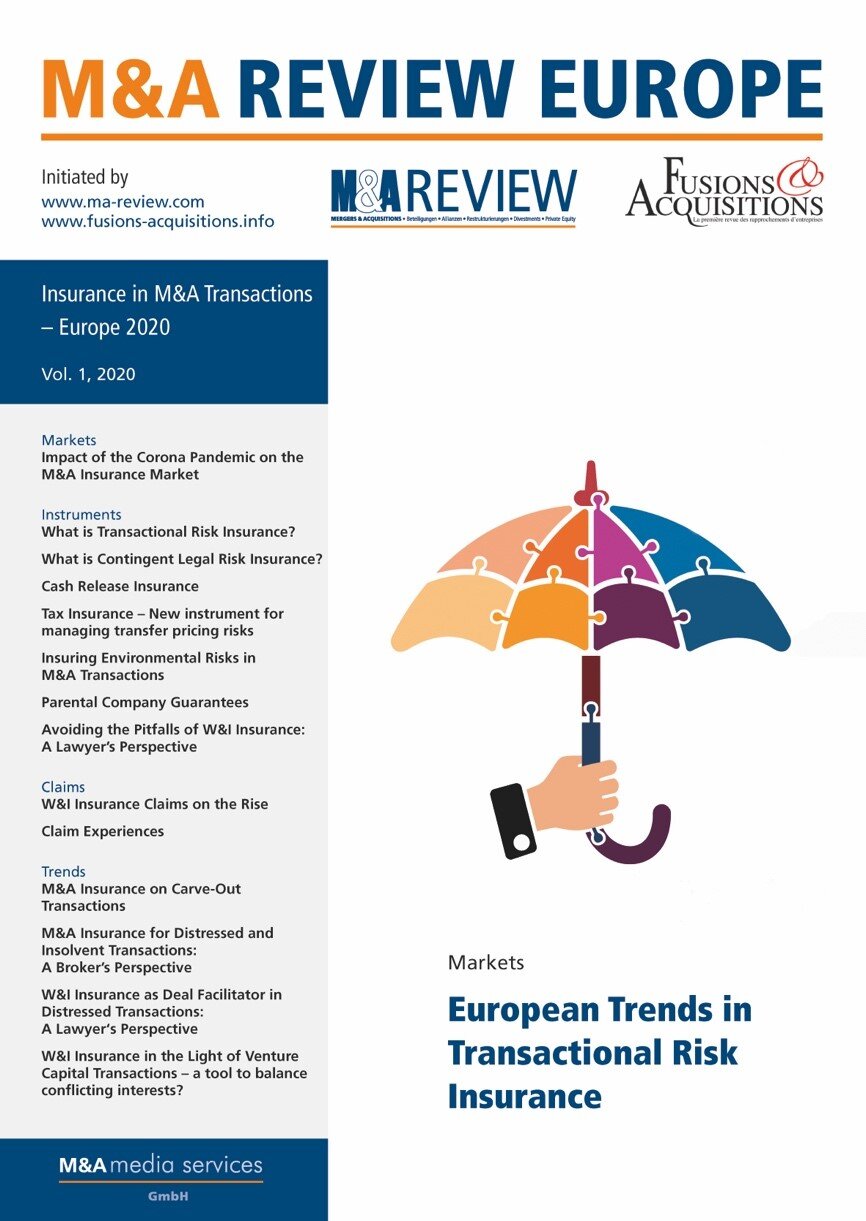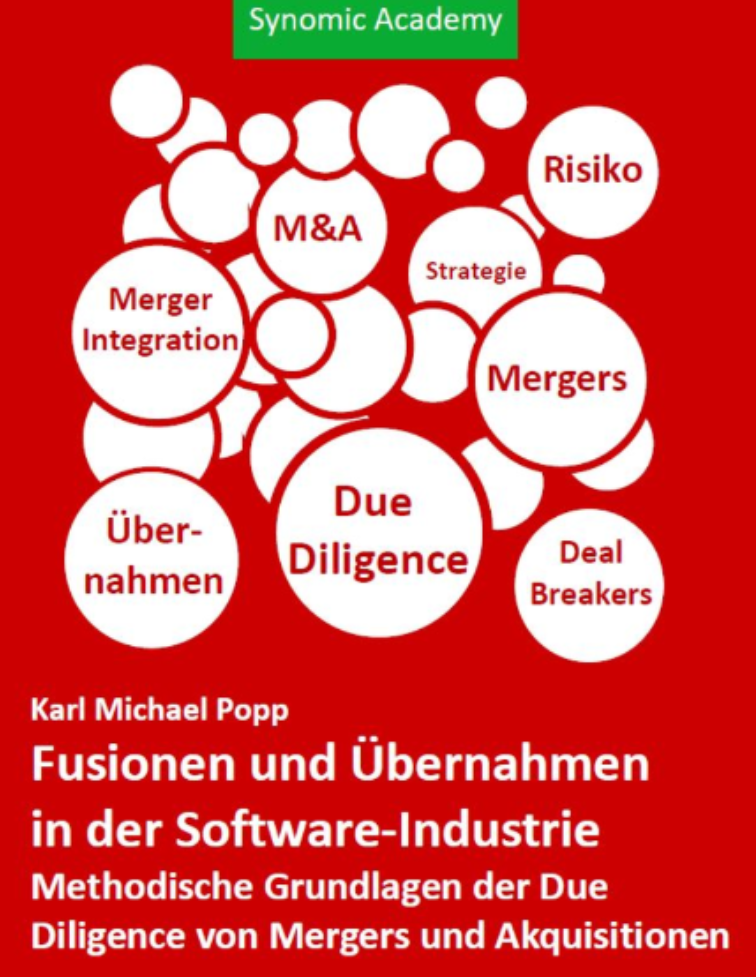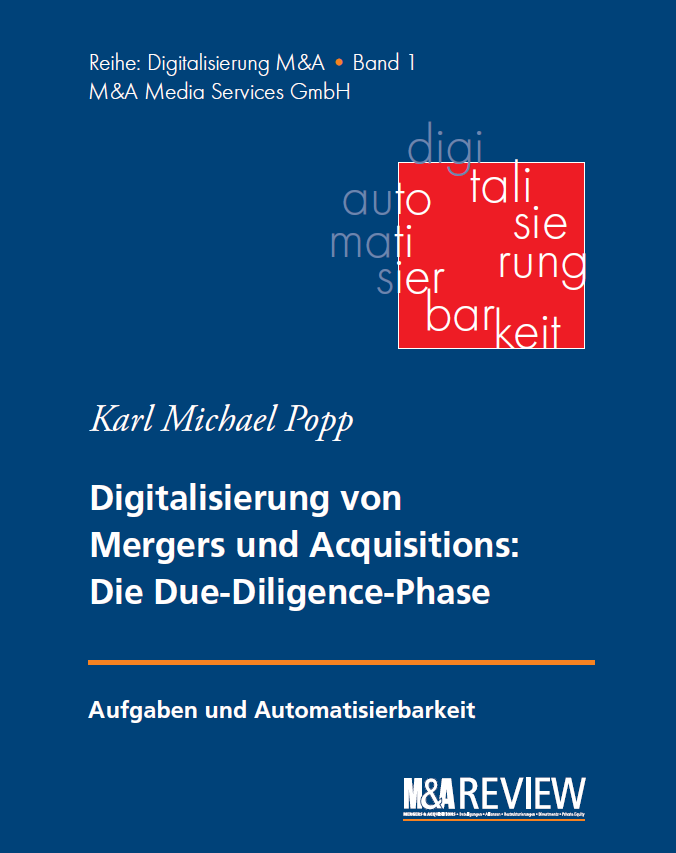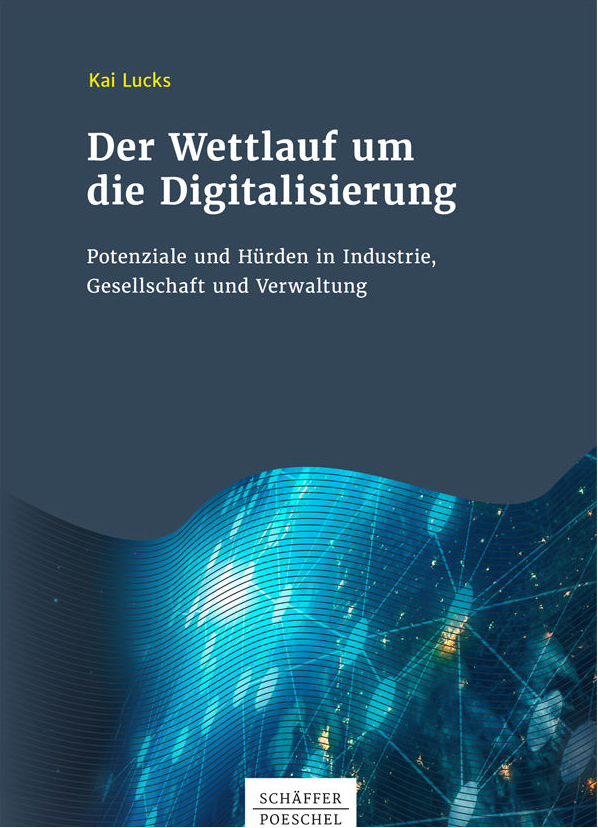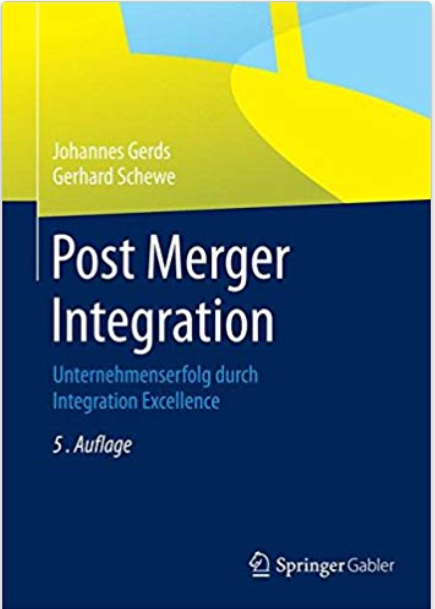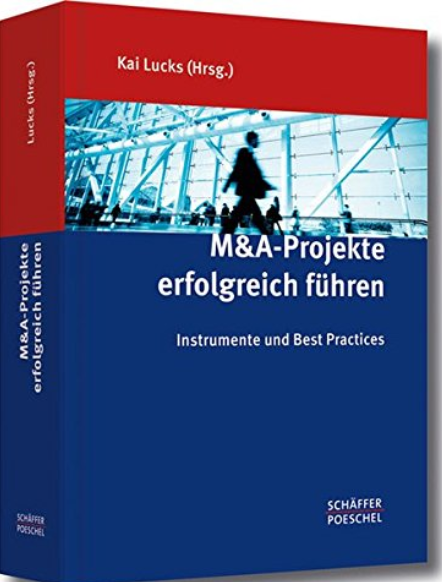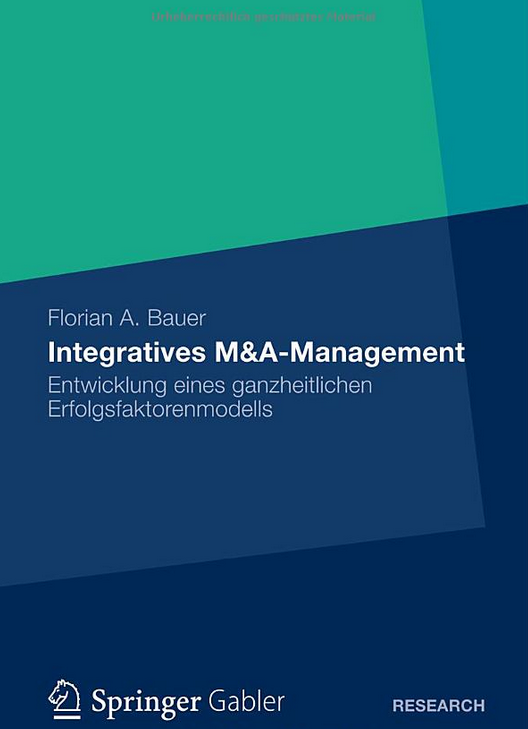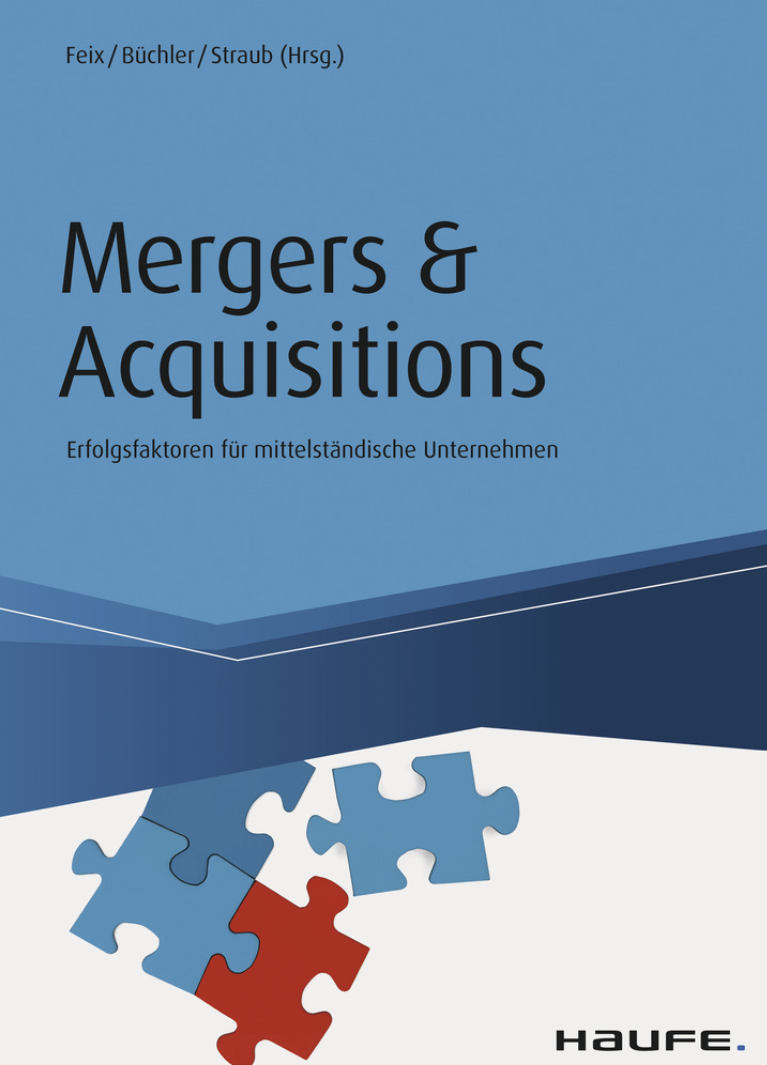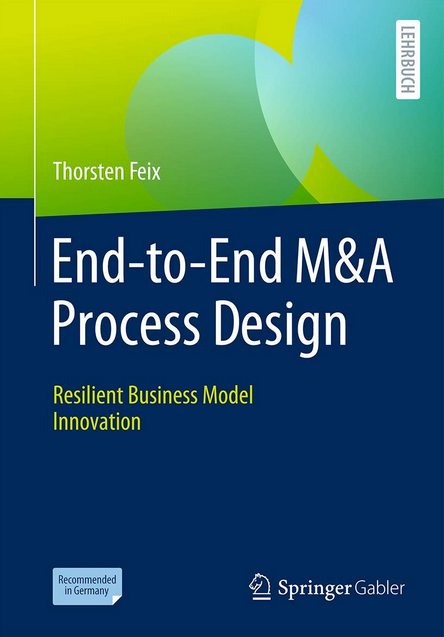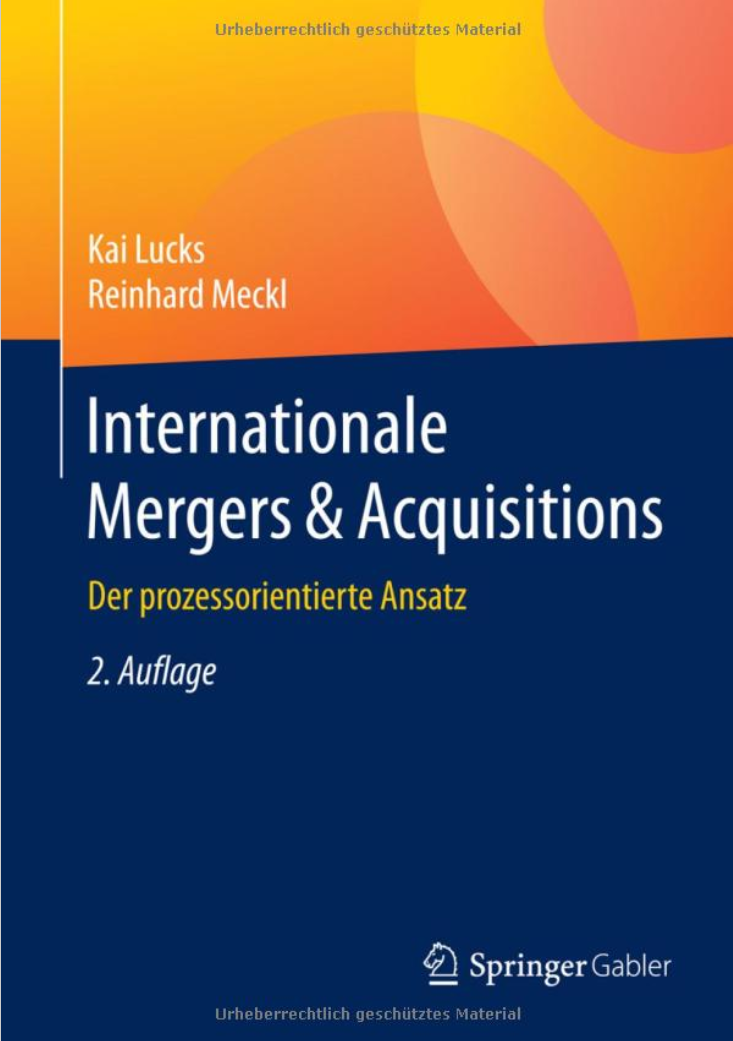M&A Auctions
The auction process begins with the distribution of information memorandums to bidders; indicative bids for the first round of bidders; due diligence/consideration of the draft sale and purchase agreement by bidders; additional rounds of bidding by a limited number of bidders Comment on draft sales negotiation agreement between preferred bidders. Determining an appropriate auction should take into account seller wishes, privacy considerations, valuation improvements and strategic fit, as well as a range of other qualitative and quantitative reasons. The auction process may not be suitable for all sellers, including companies with complex structures or market sectors with few profitable bidders. Another disadvantage of the broad auction process is that it can be time-consuming and disruptive, especially when there are other potential buyers who need to evaluate the seller. [0, 7, 5, 3]
The only way to ensure the best deal is to ensure that all potential buyers participate in the process through a large auction. Of course, experienced M&A advisors know how to conduct such an auction without violating confidentiality, and with the right approach, this approach will ensure that the company sells at the best price and on the best terms. The risk of targeted auctions is that there may be a risk of excluding potential bidders from the process and potentially limiting the potential purchase price of the selling company. Auctions are often inappropriate when customers are more interested in who buys the company than in maximizing value. [11, 3, 13]
Typically, the seller will prepare an information memorandum containing important information about the company or business, which will be sent to multiple potential bidders, after which each potential bidder will be asked to submit an indicative offer. In a large auction, the seller's investment banker contacts many potential bidders and invites them to participate. In large auctions, the seller's investment bankers approach as many potential bidders as possible, inviting them to participate in a bid increase. It is important to note that while auctions can be time-consuming and expensive due to the many formalities and formalities required for a typical sale, auctions can generate very high sales prices for the business of the selling company and profit for the seller. seller. They have more options/alternatives, which gives sellers a better ability to get a good price for their business, which means sellers can now choose, price, and customize deals to their liking. [10, 2, 3, 0]
In addition, by participating in a large auction, the seller fulfills his fiduciary obligations to maximize shareholder value, which is important for public corporations. However, large auctions are often not suitable for large public companies due to the limited pool of buyers and the difficulty of maintaining confidentiality (more on this later). For such a large company, a limited auction is the logical choice to follow a formal process that will deter the disruption of a large auction while maintaining maximum confidentiality. Disadvantages for the seller include the fact that it is more difficult to keep the process confidential than in a private sale, and a failed auction can lead to negative publicity and reduce the chances of getting a good price for the company or business being auctioned. near future. [3, 2, 10]
If so, the seller can either continue trading exclusively with the buyer, or try to take control of the process by hiring an investment banker and holding an auction. If even one of these statements is not true, then the serial contract sales process may be more appropriate. Larger companies typically deal with a smaller pool of buyers than mid-sized companies, so they will default to a limited auction in their M&A process. In a major auction, a broker or investment banker reaches out to thousands of potential strategic and financial buyers. [2, 13, 3, 7]
This approach maintains strict confidentiality and goes to great lengths to minimize business disruptions, while maintaining a formal process to bring in enough buyers to satisfy the seller's fiduciary duty to shareholders. This approach makes sense for larger companies that want to maintain confidentiality and reduce business disruption while keeping processes formal and attracting enough buyers to meet the seller's fiduciary duty to shareholders. Of course, the risk with targeted auctions is that keeping potential uninvited bidders out of the process doesn't maximise the potential for the purchase price. Proactive buyers with guaranteed capital and funding and familiarity with the seller's business often try to preempt the auction process. [3, 2, 10]
There is also a fear of hostile takeovers, because when a company announces its intention to bid, there will be bidders who will try to take over the sellers' business rather than engage in friendly competition. A growing number of private company sellers acknowledge the fact that they can often guarantee the best price for their company by selling it through the auction process. At the same time, there are relatively few businesses for sale, and as a result, sellers get excellent prices when they sell through the auction. Auctions are most effective in an M&A market like the one we're in right now. [0, 12, 9]
First, we determine whether companies and sellers are eligible to participate in the auction. Auctions are appropriate when there are multiple buyers and our clients are willing to sell to multiple buyers. A formal auction is appropriate when we determine that there are multiple bidders or speed is important. The seller and investment banker will work together to determine which of the following auctions will produce the best results. [9, 13, 7]
Buyers will be able to enter the process with an appropriate level of offer, which will prevent them from compromising their negotiating position. Careful preparation of both sides of the corporate auction process will help buyers and sellers act quickly when needed. The report recommends that both sellers and buyers remain flexible so that they can respond quickly to changing circumstances so that the auction goes well. Also, while the auction process has historically been controlled almost exclusively by the seller, buyers are increasingly able to exercise more control over the process. [12, 10]
The auction process, managed by Pacific M&A and Business Brokers, ensures that you get the best value for your business/company through a systematic competitive bidding process. This confidential and methodical five-step process identifies and invites multiple strategic, financial, synergistic or industry potential buyers to actively participate in a guided bidding process to acquire a business/company. Usually 3 to 5 months from market entry to signing of the LOI, depending on whether the auction is large or limited, official or unofficial, one or two rounds. At this point, any acquiring party that has been confidentially disclosed by CIM and is still interested in taking the opportunity and wishes to participate in the company/company acquisition auction process will initiate a "pre-due diligence" process to determine the value they will use in your Expression of Interest (EOI) or also called Indication of Interest (IOI). [1, 9]
Like my thoughts? READ MY NEW BOOK
ORDER AT AMAZON
ORDER IN GERMANY
References
[0] Blog.ipleaders.in, https://blog.ipleaders.in/the-procedure-of-ma-auction/
[1] Pmabb.com, https://www.pmabb.com/resource/managed-auction-process/
[2] Wallstreetprep.com, https://www.wallstreetprep.com/knowledge/sell-side-process/
[3] Caplinked.com, https://www.caplinked.com/blog/sell-side-m-and-a-process/
[4] Lexology.com, https://www.lexology.com/library/detail.aspx?g=c05e7dca-0d96-4a2a-ba8c-8af1ec16d2b1
[5] Straffordpub.com, https://www.straffordpub.com/products/the-manda-auction-process-seller-preparation-managing-multiple-bids-negotiating-with-preferred-bidders-2022-01-19
[6] Asimplemodel.com, https://www.asimplemodel.com/insights/m-a-auction-process/
[7] Investmentbank.com, https://investmentbank.com/merger-acquisition-auctions/
[8] Merger-strategy.com, https://merger-strategy.com/ma-auction-types/
[9] Linkedin.com, https://www.linkedin.com/pulse/how-ma-auction-process-works-al-statz
[10] Financierworldwide.com, https://www.financierworldwide.com/managing-ma-auctions-in-the-current-climate
[11] Versaillesgroup.com, https://www.versaillesgroup.com/m-and-a-blog/advantages-and-disadvantages-of-broad-and-targeted-auctions-in-ma/
[12] Business-sale.com, https://www.business-sale.com/insights/industry-insights/ma-auction-tactics-preparation-is-the-key-217516
[13] Exitstrategiesgroup.com, https://www.exitstrategiesgroup.com/how-auction-process-works



